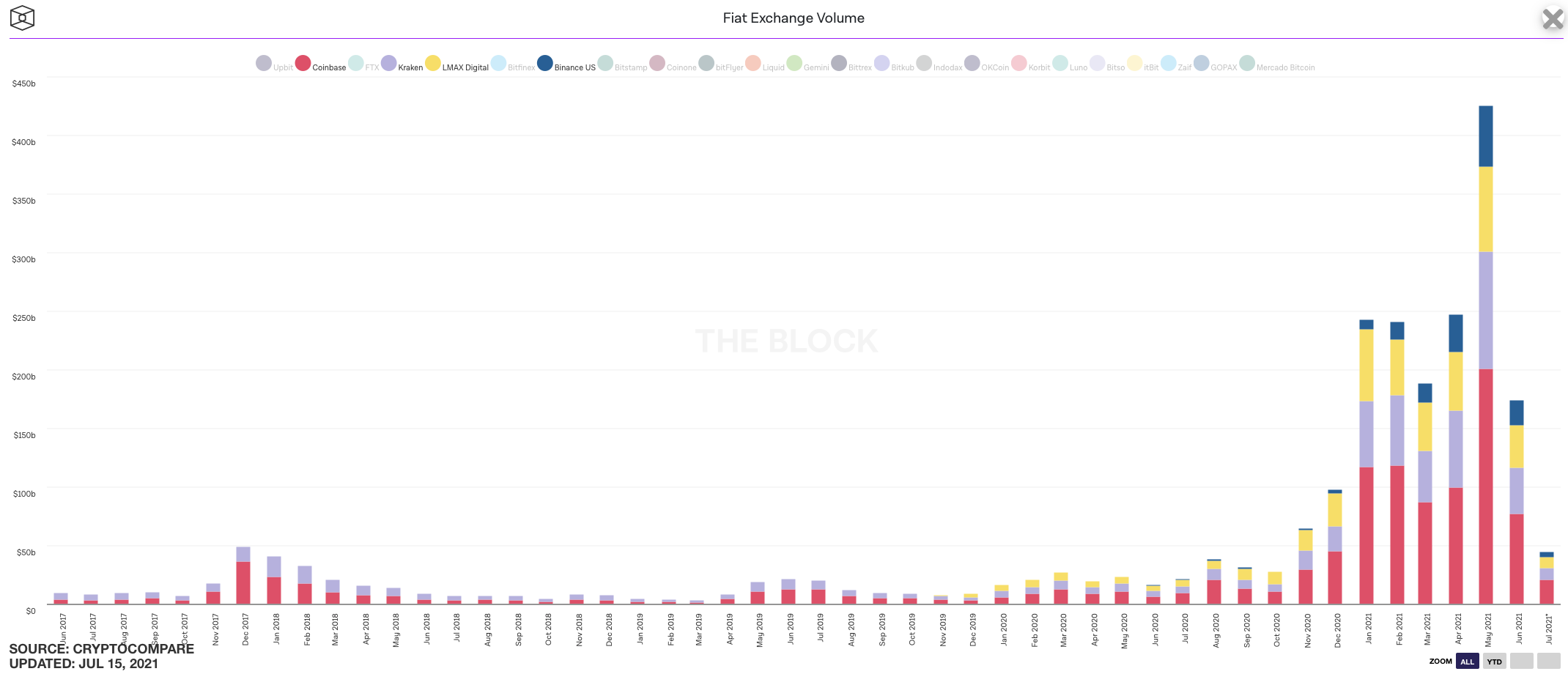The Ethereum Name Service (ENS) gained considerable traction in June, with 10,700 new addresses created during June, according to block explorer Etherscan.
ENS is a decentralized system that lets users associate their Ethereum addresses with human readable names, like example.eth. It’s similar to how we use emails to communicate, or website domain names, rather than IP addresses. Its purpose is to make it easier to transact with ether and other Ethereum-based tokens.
Etherscan’s blog post explains that it only tracks addresses that match certain conditions (that the addresses have both forward & reverse resolution set) so the data doesn’t include all Ethereum names. But it does show the rapid growth of Ethereum names over the last few months, considering there were only 1,000 new addresses in March.

The number of new ENS addresses per month. Source: Etherscan.
According to the post, the increase in Ethereum names coincided with a steep decrease in Ethereum gas fees, as using the blockchain became much cheaper.
Attaching to a greater amount of funds
Ethereum names are a bit of a blessing and a curse. While someone can have a personalized and publicly known Ethereum name that their friends (or anyone) can send money to, the downside is that anyone can see their address and watch their transactions.
Therefore, it’s typically seen as good practice to limit the funds in them because, in theory, they could be used by criminals to make an ordered list of the most wealthy Ethereum users and target them.
And yet, according to Etherscan, the addresses associated with existing Ethereum names contain a significant amount of cryptocurrency. This includes 116,500 ether (ETH), 6,300 wrapped ether (WETH), 23.5 million of the stablecoin USDC and 963,500 uniswap (UNI).
In total, this is worth around $277 million at current market prices.
But ENS users will need to use some of these funds to keep paying for the names, especially the expensive ones with fewer characters.
Etherscan estimates that the current annual cost for all Ethereum names comes to around $2.3 million, and even this could be on the lower end.
© 2021 The Block Crypto, Inc. All Rights Reserved. This article is provided for informational purposes only. It is not offered or intended to be used as legal, tax, investment, financial, or other advice.
Go to Source
Author: Tim Copeland
